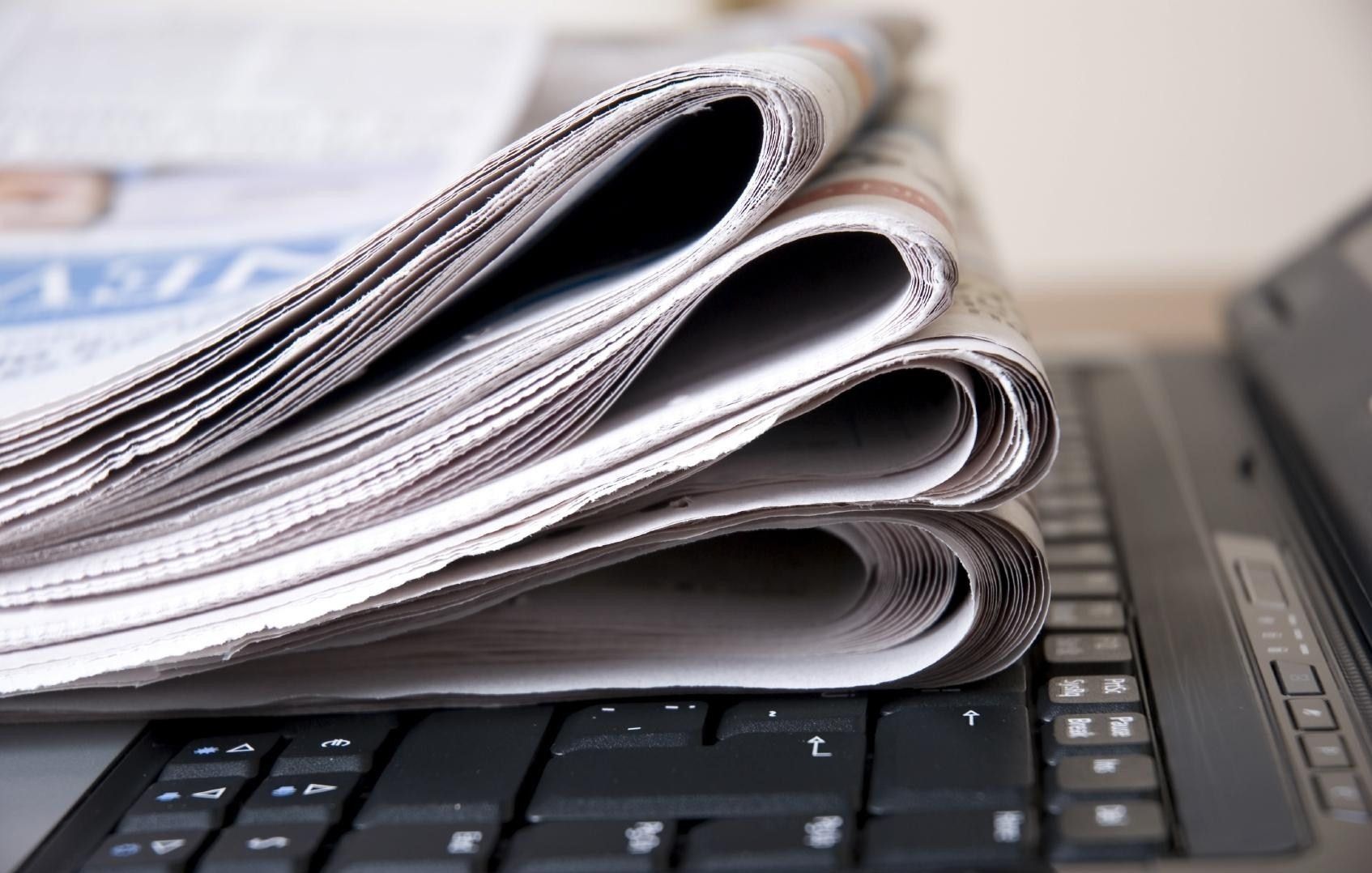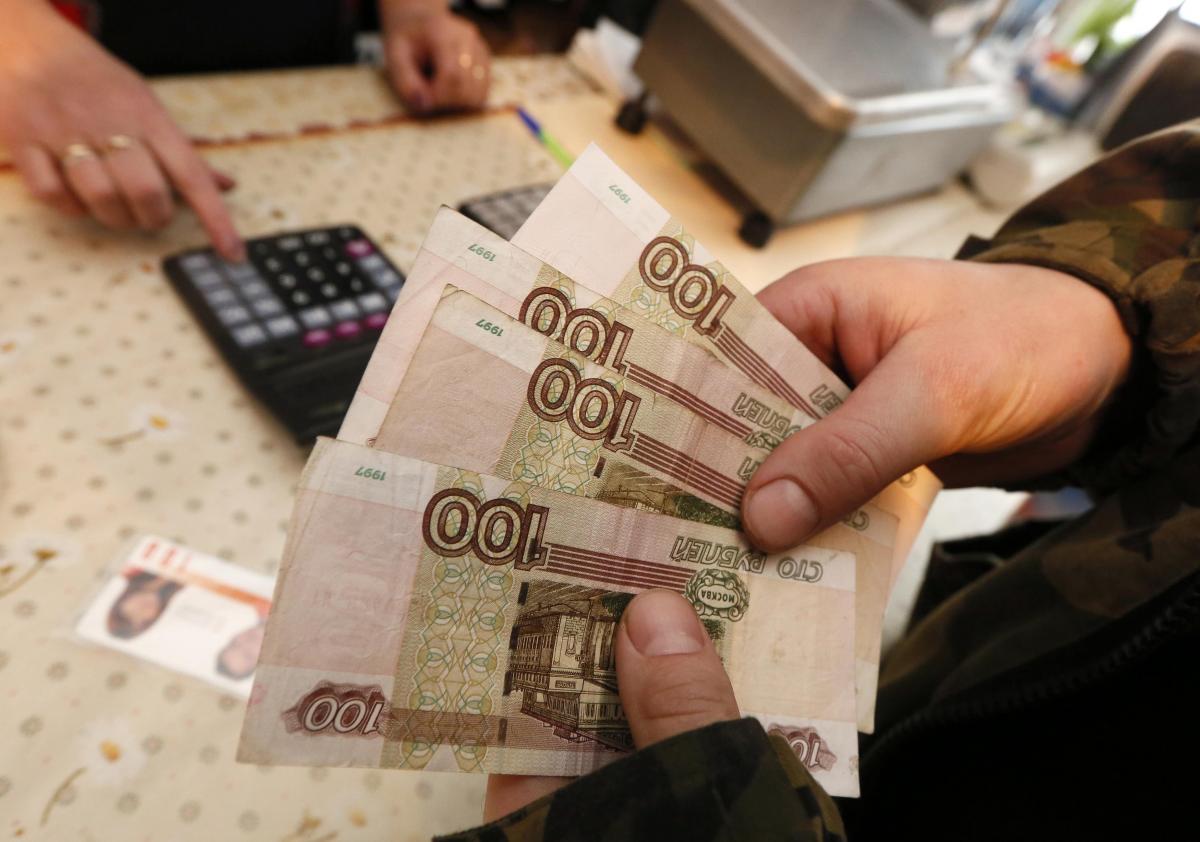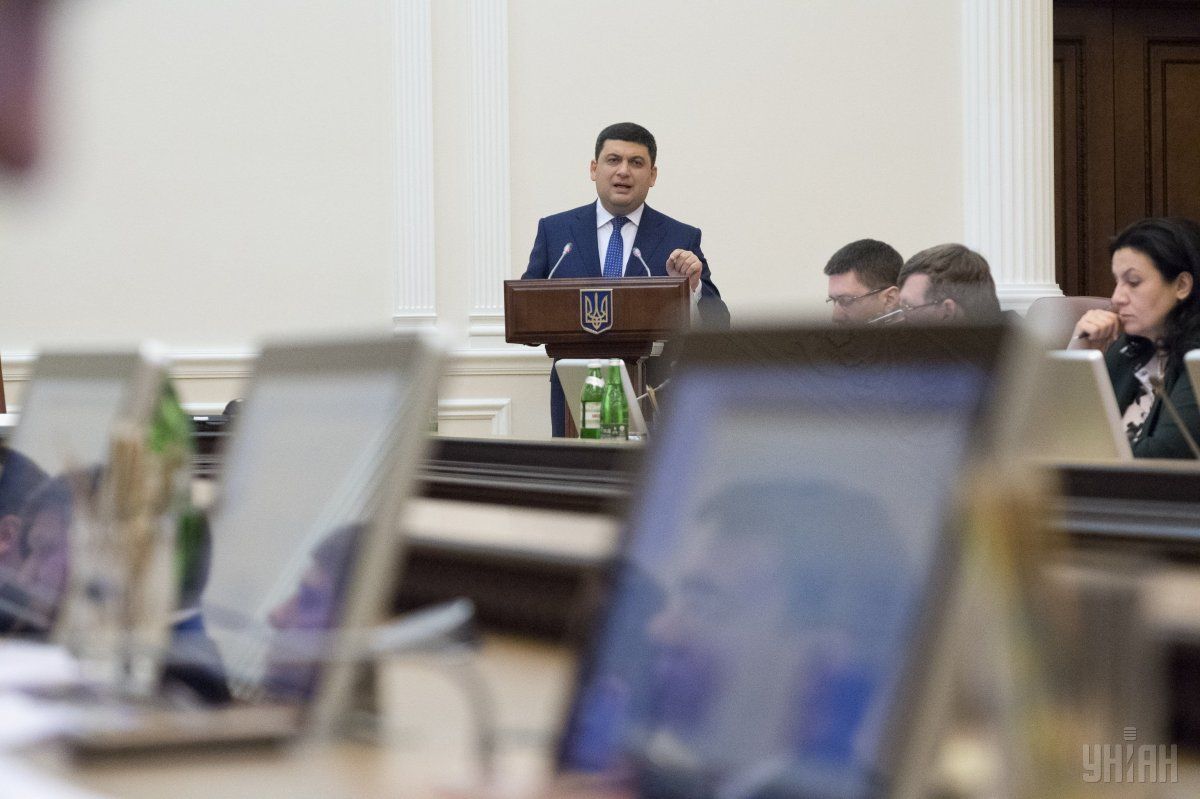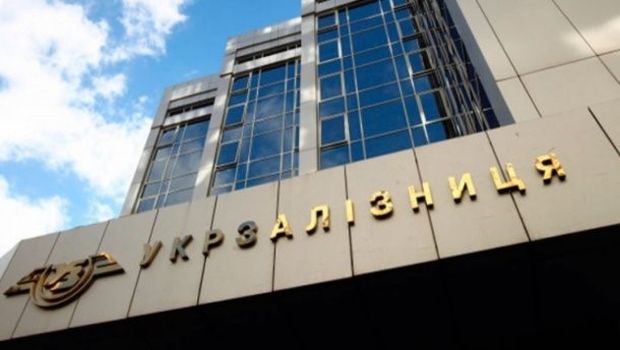
Week's balance: Partners recommend reforms, Groysman declares war on "secret club of subsoil users," and law enforcers go for useless searches at Ukrzaliznytsia
The World Bank urged Ukraine authorities to speed up reform, Prime Minister Groysman attacked extraction companies from the President's entourage, while law enforcers once again raided the Ukrzaliznytsia headquarters - these are the key economic news of the past week.
To accelerate the pace of economic growth, overcome poverty and transform living standards, the country's leadership must at least complete the reforms that have already been started, and take some unpopular steps despite populist hysteria of some politicians and the upcoming election fever. Moreover, any further delay in reforming the country can result in a slowdown of the already dragging economy growth.
This week, the authorities were urged to take decisive action by representatives of the World Bank as they spoke, announcing updated macroeconomic forecasts in Kyiv.
Despite the fact that the World Bank maintained the forecast for Ukraine's GDP growth at 3.5% in 2018 and 4% both in 2019 and 2020, Faruk Khan, Lead Economist and Program Leader covering Belarus, Moldova and Ukraine, said that further dragging the reforms in the fields of combating corruption, creating a land market, as well as state banks and privatization reforms could significantly slow down economic growth and increase risks of a failure to achieve the external financing required.
At the same time, the World Bank envoy said modest growth of the country's economy in 2017 at 2.5% is bad news, explaining such a low figure, among other things, by investors' concern over the low pace of reform.
According to the experts of the bank, the pace is not enough to overcome poverty in Ukraine and for the country's economy to return to the pre-crisis level.
The World Bank once again stressed the need for Ukraine to continue cooperation with the International Monetary Fund and other official creditors to support financial stability. Thus, according to the Bank's estimates, in 2018-2019, Ukraine will need to borrow in foreign markets a total of about $8 billion, including the scheduled eurobond placement, completion of the program with the IMF and the receipt of additional funds from the European Union and the World Bank.
In order to obtain much-needed external financing, it is important to complete until the summer of 2018 a number of key reforms required for the fourth review of the IMF's External Fund Facility.
In turn, the National Bank predicts that the next IMF tranche will come at the beginning of the third quarter of this year, that is, no earlier than August 2018. The NBU believes that Ukraine by this time will have fulfilled all of the IMF's conditions for the next program review.
And it would seem that there is little left to fulfill: create an anticorruption court in accordance with the recommendations of the Venice Commission, that is, provide a full role to international experts in the appointment of judges, as well as bring gas tariffs in line with import parities.
Time will show whether the authorities have enough courage to take such steps, but this time is running out. According to the NBU, this year Ukraine needs to allocate UAH 327.7 billion for repayment and servicing of public and state-guaranteed debt, while from 2018 to 2022 inclusive, the country will have to pay UAH 1,303 trillion to this end.
Moreover, the volume of payments on state debt in the next 28 years will exceed UAH 3 trillion. During this period, Kyiv will have to pay off debts worth UAH 1.929 trillion and pay another UAH 1.111 trillion in debt servicing. Obviously, without carrying out the necessary reforms and continuing cooperation with key creditors such as the IMF, it is practically impossible to fulfill these obligations, while any hopes for GDP growth could be abandoned.
Will plunging ruble hit hryvnia

Another important topic of the past week was the new set of U.S. sanctions against Russia, which delivered a heavy blow on the aggressor's economy on April 9, when the Russian oligarchs lost more than $15 billion within 24 hours, while during the first days of the week the ruble fell to a record level since 2016, to RUB 64 against the dollar.
Sanctions were imposed against seven Russian oligarchs and 12 companies they own, as well as 17 Russian senior officials.
Russian oligarch Oleg Deripaska seems to have been hit the hardest. He owns one of the world's largest aluminum producer, Rusal, whose shares on the first working day since sanctions were imposed plunged dramatcially. The company even warned about a possible technical default on credit obligations.
The Ukrainian economy practically did not notice the panic ongoing in the neighboring country, and the hryvnia against the dollar in the first days of the past week continued to strengthen, slightly sifting toward the weekend to the level of UAH 26.13 / 26.16 / USD.
Experts polled by UNIAN say that the collapse of the Russian ruble will not have a significant impact on Ukraine's forex market in the short term, as the share of Russia in the structure of exports of Ukraine decreased to 9%, while a few years ago the aggressor country bought a quarter of all Ukrainian exports.
Thus, Deputy Director of the Center for Economic Strategy Maria Repko noted that in recent years Ukraine's dependence on Russia has decreased, thanks to the reorientation of our country to other markets.
"Short-term fluctuations of the ruble should not have a serious impact on the dynamics of the Ukrainian currency, since there is no direct or strong dependence between them. The medium-term impact, if a forex crisis unfolds in Russia, will be noticeable, but due to reorientation to other markets, it will obviously not be as painful as it would be a few years ago," the expert believes.
According to her, the potential financial crisis in Russia (if sanctions and ruble devaluation continue) in the medium term, will have a restrained negative impact on Ukrainian exports.
"In the structure of exports of goods, Russia still holds a very significant share of 9%, and the weakening of the ruble, if it prevails, could lead to a decrease in sales of Ukrainian goods to Russia, but the situation will be much better than it would be, for example, in 2012 when Russia bought a quarter of all Ukrainian exports," Repko added.
The National Bank also does not expect a significant impact on the financial market of Ukraine from the collapse in Russian markets after the introduction of new U.S. sanctions.
"We do not yet see any significant effect. Our economies have been strongly desynchronized in recent years - both in the foreign exchange market, in inflation, and in exports," said Deputy Head of the NBU Dmytro Sologub.
Subsoil battles

Corruption is a real challenge for Ukraine. Last week, a journalistic investigation revealed that a special permit for the development of the Shevchenko deposit (in the government-controlled part of Donetsk region) had been issued without competition to Petro-Consulting, a company Ukrainian journalists say close to Energy Minister Ihor Nasalyk, MP Ihor Kononenko and Ihor Hladkovsky, son of the first deputy secretary of the National Security and Defense Council. The cost of the deposit is estimated at more than $2.5 billion.
At the same time, the Verkhovna Rada has registered bills designed to stimulate the development of electric transport in Ukraine, in the production of which lithium-ion batteries are used. For example, Bill 8159 proposes to exempt from taxation profits of companies dealing with the sale of lithium and production of lithium-ion batteries.
So the state gives out without a contest its strategic deposit. Moreover, the state in the future will not receive anything from the site's development. And all this is being covered up with a slogan of "supporting domestic producers" and supporting the production of environment-friendly and money-saving transport. A very strange strategy, indeed, especially given the impending payments on debts, where money is needed desperately.
Also recently, another license was given out for the development of a large oil field in Poltava region to a little-known company Arkona Gaz-Energia, whose owners are part of Petro Poroshenko's entourage, at a dupmed price (for only 3 million instead of 100 million)? That's despite the fact that the field was claimed by Ukrnafta, a company where the state owns a controlling stake and that is among the country's major taxpayers.
Ukrnafta constantly has to seek from the State Service of Geology and Subsoil the extension of special permits in courts, while delays in granting licenses to the company lead to multi-million losses for the budget.
The absurdity and injustice of what happened with the distribution of licenses for subsoil use caught the Prime Minister's attention. Groysman said that he intends to ask the Prosecutor General's Office and the Specialized Anti-Corruption Prosecutor's Office to investigate into the transfer without a contest of a large lithium deposit to the team with ties in top offices and promised that, if the facts are confirmed, perpetrators must be held liable.
"We do not have to put up with the fact that in certain areas of Ukraine some 'secret clubs' have been created. I'm not going to put up with this, and I do not belong to any of these clubs," Groysman said boldly, being aware that it's MP Ihor Kononenko, the closest associate and army friend of Petro Poroshenko, who is behind the lithium company.
The prime minister also announced the signing of a new version of Cabinet resolution No.615, which regulates the procedure for issuing special permits for the exploration and production of minerals in Ukraine. "Resolution No. 615 will be signed and published. All market participants will understand that they have access to geological data and are able to obtain licenses for the extraction of minerals on market grounds. This is a matter of principle," the head of government stressed.
No change with railways

Law enforcers last week once again raided the Ukrzaliznytsia head office in Kyiv. This time, the Prosecutor General's Office and SBU Security Service of Ukraine carried out investigative actions in the office of a member of board Serhiy Mykhalchuk.
Minister of Infrastructure Volodymyr Omelyan welcomed the action. He said that the suspects of the current investigation delayed the transfer of more than 100 regional diesel trains from Deutsche Bahn to Ukrzaliznytsia.
"When last year I agreed on the transfer of more than 100 regional diesel trains from Deutsche Bahn to Ukrzaliznytsia, it was individual representatives - current defendants in this investigation - who made every effort to delay and torpedo this agreement," he said.
It is interesting to note that the minister has repeatedly called Mykhalchuk a protege of the head of the Verkhovna Rada Committee on Transport Yaroslav Dubnevych, whose company supplies Ukrzaliznytsia with a wide range of railway equipment.
In an interview with UNIAN, CEO of AT Mechanics Vitaly Rudenko spoke about Ukrzaliznytsia's "shadow influencer." According to him, Ukrzaliznytsia since 2005 has not allowed his company to take part in tenders, employing various tricks. He stressed that the Dubnevych brothers monopolized the tenders worth several billion hryvnias a year, supplying products at inflated prices.
By the way, last year there have already been raids at Ukrzaliznytsia, which, according to Omelyan, were also connected with Mykhalchuk's activities. A year has passed, while the composition of the company board has remained almost the same. It's just that former CEO Wojciech Balczun has resigned. In the end, there is a disappointing conclusion - searches are ongoing, while the results of fighting corruption in one of the country's major companies are close to zero.
Ihor Orel

